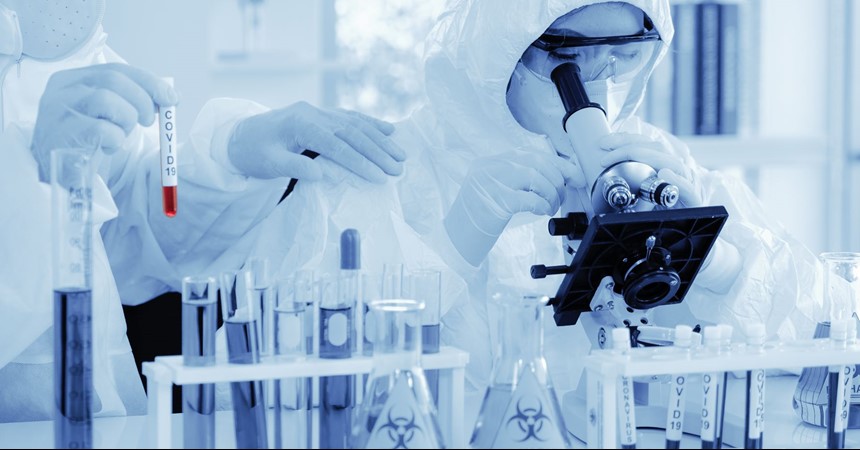First, if a vaccine becomes available, who should receive priority access to it? Second, should we make vaccination compulsory?
On the question of priority of access, there is wide agreement that healthcare workers come first. We owe them a debt of reciprocity: in their fidelity to their professions they have put their lives at risk for the rest of us. We should return good for good. In addition, putting them first will conduce to the benefit of the whole society.
That said, further questions abound. How wide is the category of healthcare workers? Does it include all healthcare workers? Healthcare administrators on whose policies the safety and the efficacy of our healthcare system itself depends? Hospital cleaners? Those who care for the elderly?
As for making vaccination compulsory. Recently, in the Sydney Morning Herald, Tim Smartt from the University of Notre Dame Australia argued that it might be reasonable to do so. He gave two ethical reasons. One was “self-centred” – accepting vaccination will greatly lower my chances of contracting the virus. One was “other-centred” – I have a moral obligation to put the well-being of others ahead of my own and giving up my freedom to choose is a way of making a small sacrifice for the sake of the health and well-being of others.
In considering the pros and cons of a “mandatory” policy, Mr Smartt rightly acknowledged governments would have to anticipate some people would refuse to comply with the policy and find a solution to that.
Xavier Symons of Australian Catholic University’s Plunkett Centre for Ethics agued a different view in the Australian Financial Review. Mr Symons accepted the intuitive appeal of Mr Smartt’s argument but suggested that a policy of making vaccination compulsory could backfire. Australia, unlike the US, is a highly vaccine-friendly society. Compulsion might make some people wary, distrustful, hesitant. Mr Symons argued that the really challenging ethical question is how we should respond to the concerns of that minority of Australians who are “undecided” about whether they would choose to be vaccinated.
Such vaccine “hesitancy” has various sources.
Misinformation about the safety of vaccines is one source. Infectious diseases experts recommend empathetic engagement with people who have medical reservations: detailed, reliable data patiently conveyed is likely to be more effective than a combative style.
Concerns about the source of the vaccine also creates hesitancy.
In the US, some people are said to be reluctant to accept a vaccine derived from the so-called HeLa cells, that is, from cells originally derived in the early 1950s from a sample taken from Henrietta Lacks, a poor black woman being treated for cancer whose cells were given to a laboratory without her knowledge or consent and later commercialised. Some people fear that accepting the benefits of the use of vaccines derived from her cells makes them if not complicit in the health inequities suffered by poor people in their country then at least blind to the continuing mistrust of healthcare institutions among people of colour.
In the same way, some Australians may be hesitant to accept a vaccine the vector for which was originally developed in the 1970s from cell lines that derived from a deliberately aborted foetus: they fear this makes them if not complicit in the deliberate destruction of human life then at least blind to the growing social acceptance of this practice.
On this question, Archbishop Anthony Fisher gave good advice. He said in the Catholic Weekly: “I, for one, do not think it would be unethical to use this vaccine [that is, one derived from cells from an aborted foetus] if there is no alternative available. To do so would not be to co-operate in any abortion occurring in the past or the future.” In saying this, the Archbishop helped me to make up my own mind on this ethical issue. That said, as a strong advocate of vaccination, the Archbishop urged the government to pursue an ethically uncontroversial vaccine.
The hardships and inconveniences inflicted by the pandemic have not been equally shared. The burdens have fallen on the less well off, those who live on their own, those who have lost their jobs, those whose jobs are such that they cannot “work from home”, and those who don’t have holiday houses to which they can escape.
As we turn these ethical challenges over in our minds, should not each of us try to find a way of easing a burden on someone who has fared less well in the pandemic than we have?
Bernadette Tobin is director of the Plunkett Centre for Ethics at St Vincent’s Hospital in Sydney and Reader in Philosophy at Australian Catholic University.

























































































